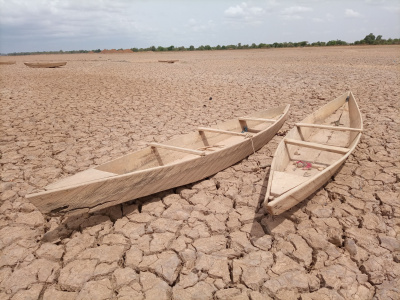
Linkages between Decentralisation and Decentralised Cooperation in Ghana
Since the early 1980s, Ghana has been involved in a decentralisation process. Its origin can be traced back to the economic crisis that emerged from inappropriate top-down approaches to development. Initially, decentralisation was seen as a policy which would empower local communities to initiate local development projects in a period when government was critically short of resources. Gradually, the emphasis shifted to institutional reforms that promote democratisation at local level, linkages between state and civil society, and processes of dialogue, representation and accountability. A legal framework was put in place for the devolution of central government functions to 110 local districts within a three-tier structure of Regional Coordinating Councils, District Assemblies and Town Area Councils/Unit Committees
Decentralisation has been a complex and fragile process. Local governments have been confronted with problems of legitimacy, lack of technical and planning capacities, as well as limited financial resources. Building a new administrative culture - based on local management systems that are participatory, transparent and accountable - is both a necessity and a difficult task.



